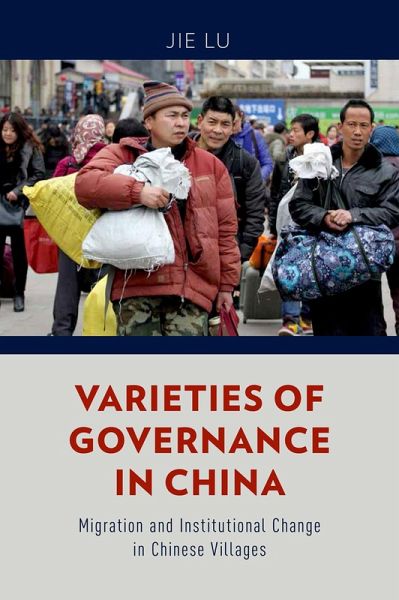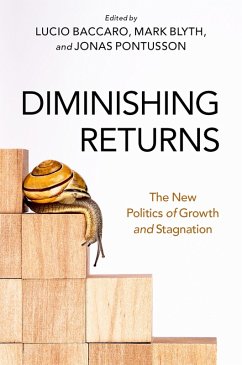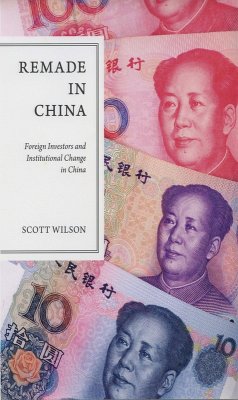
Varieties of Governance in China (eBook, PDF)
Migration and Institutional Change in Chinese Villages
Versandkostenfrei!
Sofort per Download lieferbar
37,95 €
inkl. MwSt.
Weitere Ausgaben:

PAYBACK Punkte
19 °P sammeln!
It is well understood that "good institutions" are essential for good governance. But even institutions that follow similar designs vary significantly with regard to performance across countries and even across regions within the same country. Following China's abolishment of the Commune system to accommodate market-oriented reforms in the 1980s, decentralized, grassroots democracy was introduced in rural China in order to improve the quality of local governance. In this book, Jie Lu looks at variance among local governance institutions in China to examine under what conditions indigenously cu...
It is well understood that "good institutions" are essential for good governance. But even institutions that follow similar designs vary significantly with regard to performance across countries and even across regions within the same country. Following China's abolishment of the Commune system to accommodate market-oriented reforms in the 1980s, decentralized, grassroots democracy was introduced in rural China in order to improve the quality of local governance. In this book, Jie Lu looks at variance among local governance institutions in China to examine under what conditions indigenously cultivated institutions or externally imposed institutions are able to succeed, particularly under pressures of economic modernization. Lu argues that any governance institution can perform effectively as long as it can produce collective action and accountability, but the relative effectiveness of institutions is contingent upon the social environment in which they are embedded. When economic conditions prompt outward migration, social environments are reshaped such that rules-based formal institutions will trump relation-based indigenous forms. In identifying the optimal social conditions for the effective performance of different governance institutions and theorizing the effects of social change on these institutions, Lu deepens understanding of how institutions, particularly in developing countries, change, and under what conditions institutional modernization or engineering may succeed or fail.
Dieser Download kann aus rechtlichen Gründen nur mit Rechnungsadresse in A, B, BG, CY, CZ, D, DK, EW, E, FIN, F, GR, HR, H, IRL, I, LT, L, LR, M, NL, PL, P, R, S, SLO, SK ausgeliefert werden.













